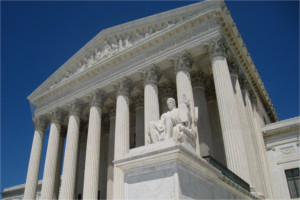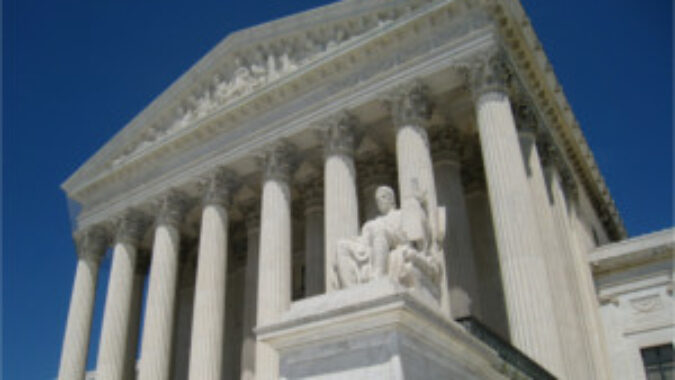 The protected appointment of a director for the Consumer Financial Protection Bureau, created in response to the 2008 Great Recession, is unconstitutional, but don’t expect changes to happen soon.
The protected appointment of a director for the Consumer Financial Protection Bureau, created in response to the 2008 Great Recession, is unconstitutional, but don’t expect changes to happen soon.
That’s the take of Connell Foley attorney Andrew C. Sayles, who broke down the ruling from the U.S. Supreme Court last week to see what it means for businesses and consumers.
He notes that Chief Justice John Roberts made clear that it was only the restrictions placed on the President of the United States’ ability to remove the director that were unconstitutional. The Supreme Court stopped short of finding the entire agency unconstitutional, Sayles wrote.
The CFPB has oversight of numeral federal statutes, such as the Fair Credit Reporting Act, Fair Debt Collection Practices Act and Truth in Lending Act. Also among the CFPB’s powers is the ability to conduct civil investigations over regulated persons and entities.
“Justice Roberts wrote that the removal restrictions could be separated from the Dodd-Frank Act and that so long as the director was removable at the direction of the president it would be constitutional,” Sayles states. As a result, the CFPB Director may now be relieved for any reason, not just due to inefficiency, neglect of duty or malfeasance in office.
“Overall, the ruling in Seila Law will not have an immediate impact on the CFPB as its current director was appointed by President Trump,” Sayles concludes. “However, in the event of a change of administration, it establishes that a new president will not be saddled with a director chosen by a predecessor.”
Connell Foley is NJBIA’s Employment Law Resources provider.

